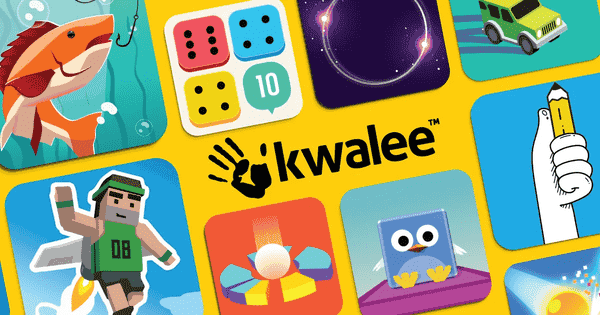In this modern era where video games are a widespread pastime, the thought of getting paid to spend our time in this activity may seem like a distant fantasy. However, the games industry is constantly evolving as we know it, presenting opportunities for both developers and players alike to monetise their passion. While there are options of earning money through gaming, it's essential to understand that such options demand effort, time, and commitment. Let’s explore possible avenues for those intrigued by the possibility of turning a gaming hobby into a source of income.
What Are Ways To Get Paid With Video Games?
Each of the options suits a different type of person who wants to expand their gaminghorizons and their wallets.
If you’re looking for a part-time option, check out companies that host playtesting programmes where you can get paid to play. If you’re a hardcore gamer who’d love to connect with communities, streaming could be a brilliant direction. However, if you’re searching for full-time income, look for opportunities in the game testing and quality assurance departments.
Playtesting Programmes
Playtesting games is a great way to get paid to play video games. If you’re not familiar with playtesting, it’s a common user testing session where people are invited to try upcoming games in exchange for a reward. With games entering closed and open betas every so often, it’s a great opportunity for you to dig right into playtesting. Depending on how in-depth the testing process is, you’d receive in-game bonuses, merchandise, and sometimes even a credit to your name.However, there have been cases of studios hosting playtesting sessions that pay actual money. Usually, it’s a good idea to check out the studio’s website to see if they host these programmes. Normally, playtesting requires you to sign non-disclosure agreements so you don’t spill the beans on their secret game projects.
Become A Streamer
From the latest data in 2024, “Twitch has 140 million Monthly Active Users (MAUs). Twitch gets over 1.86 billion hours of watch time via its users every month,” according to Demand Sage. But that’s not all, with PRNewswire suggesting that “its estimated value is expected to reach $3.5 billion by 2025.” That would mean by next year, we’d have one billion streamers covering video games.
Although that sounds like great news, the competition is growing fast and the market continues to saturate. Success rates fall because it’s difficult to put out new content consistently. Becoming a successful gaming streamer is not easy, especially since they make anywhere between $3,000 to $5,000 each month.But if you’re a social dazzler with great commentary on games, you might still make your mark in the game streaming business. And what’s better – you’d get paid to play games! It’s best to look into the different gaming niches not being covered and see where you excel and innovate.
Become A Qa Tester
Quality Assurance (QA) teams in the games industry are the unsung heroes behind making games as polished as they are. Interestingly, the most common way people enter the industry is through QA. Although the discipline is known for its low entry barrier, it does have a steep learning curve.Most notably, you’ll spend a chunk of your time playtesting certain game sections over and over again. This would suit an individual who:1. Is genuinely good at using game mechanics to their fullest potential2. Enjoys spending hours on end cycling through a single-level3. Explores every nook and cranny to catch the smallest detailsIf this sounds like you, then the job itself won’t feel any different, apart from the added benefit of getting paid for it. Additionally, inputs from QA can also help influence how the final game turns out for the masses, in certain instances. So if you can count on your gamer skills, you can count on becoming a QA tester.Be mindful that as your role grows bigger, so does your list of technical responsibilities. These include testing not only games but also the game technologies they use, knowing how to recreate bugs, and fixing code-level issues by yourself as needed.
While the idea of getting paid to play video games is tempting, it demands a clear understanding of the available options. Playtesting programs offer rewards, including in-game bonuses and merchandise, with some providing actual monetary compensation. Streaming, though competitive, can be lucrative for those who excel in social interaction and commentary. QA testing, often the entry point to the industry, offers compensation for meticulous gameplay scrutiny, with the potential to influence the final product. Pursuing these paths requires dedication, but for passionate gamers, the journey may be as rewarding as the destination.








